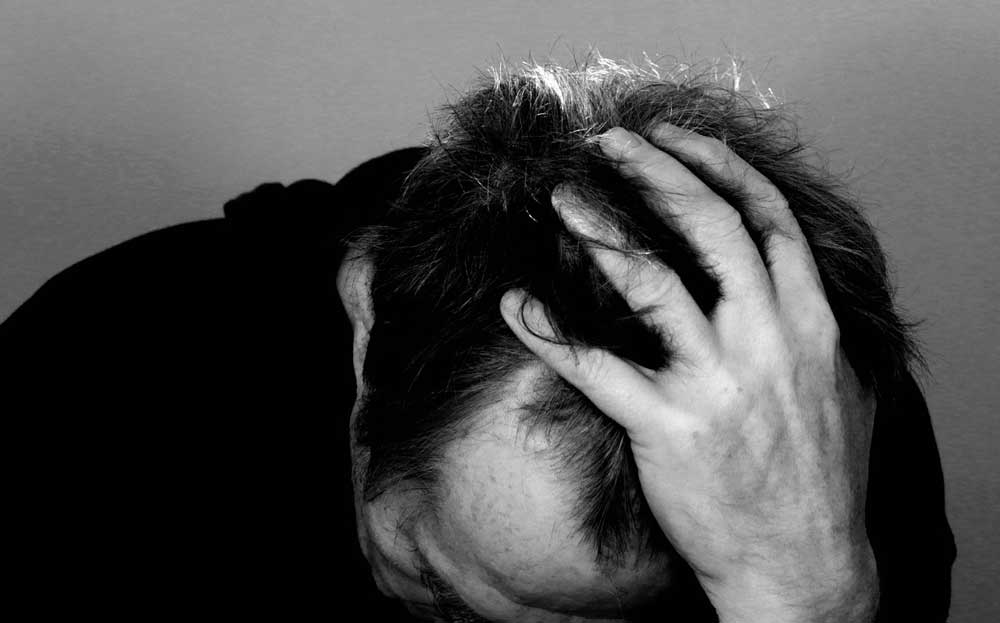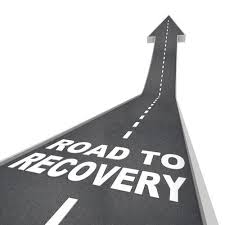Healthy living impacts on mental health

Healthy living impacts on mental health positively for the general well-being of our health
Healthy living impacts on mental health: When can food be bad for your health?
Besides shelter and clothing, food is rated high among basic needs. Food should be a value addition element all the time. For some reasons, this is not always the case. We have a duty of ensuring that what we feed on is healthy. That is because of healthy living impacts positively on mental health and general well-being including healthy weight management, eradication of certain illnesses and much more. Nonetheless, it is also important to note that depending on how you eat, your diet can also cause adverse effects on your moods and generally your sense of wellbeing. That is why both the individuals and health practitioners need to be well informed of the merits of good healthy living through healthy feeding.
Doctor Dalal Akoury is making this possible to the medical personnel at AWAREmed integrative addiction institute by offering qualitative training services to all medics from the USA and across the globe. If you are a nurse, this is an opportunity you must not let go, you can call doctor Akoury today on telephone number 843 213 1480 for any queries you may have.
In the meantime, available statistics indicate that food feeding habits have more health benefits. Many of the health problems we have today are associated with bad feeding habits. Like for instance feeding on a diet rich in processed meats, packaged meals, take always food and those sugary snacks are the major reason why people are suffering from depression, stress, anxiety, and even bipolar disorders. Doctor Akoury reiterates that when you eat unhealthy food stuff, you are likely to develop mental health disorders like Alzheimer’s disease ADHD and many other complications including increased risk of suicide.
Healthy living impacts on mental health: The healthy food component
It goes without mentioning that eating more natural, fresh fruits and vegetables, meals prepared at home, and minimizing sugar intake and refined carbohydrates, can be a key factor in helping individuals to improve their mood and lower risks for mental health problems. Therefore if in any case you have been diagnosed with a mental health problem before, your desired solution could begin with eating well. This way you can even help to manage your symptoms and regain control of your life sooner than you can imagine says doctor Akoury.
Finally, while some specific foods or nutrients have been shown to have a beneficial effect on mood, it’s important noting that besides that, it is your overall dietary pattern that is most important. What that communicates is that switching to a healthy diet doesn’t have to be an all or nothing proposition. In other words, you don’t have to be perfect and you also don’t have to completely eliminate foods you enjoy to have a healthy diet and make a difference to the way you think and feel. That should not confuse you in any way. But if you have any concern, you can get in touch with doctor Akoury today on telephone number 843 213 1480 for a one on one deliberations.
Healthy living impacts on mental health: When can food be bad for your health?
http://www.awaremednetwork.com/







